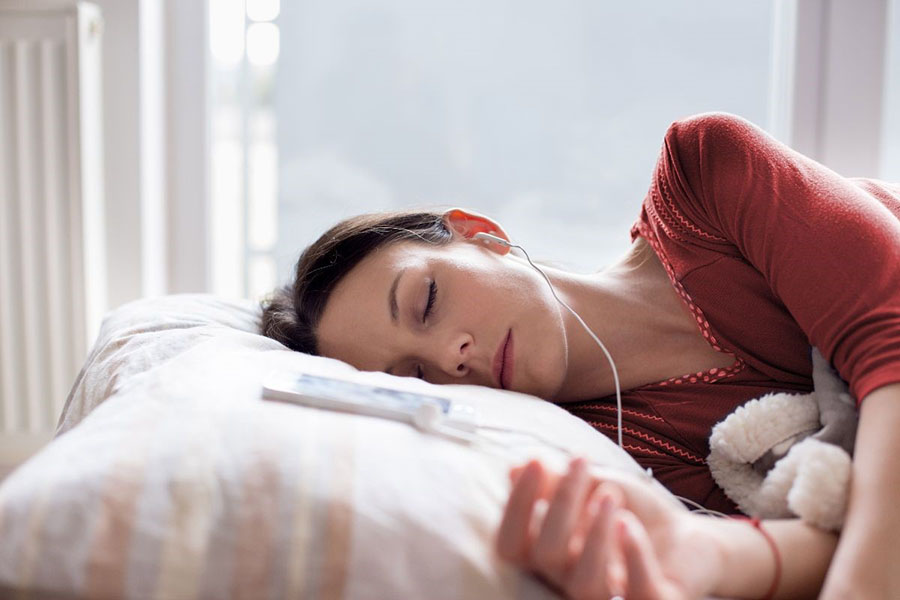
Five tips to help you to sleep better
With increasing scientific evidence showing how a lack of sleep can negatively affect your health, getting enough rest is more important than ever. Yet millions of people around the world still suffer from poor sleep and insomnia, caused by everything from medical issues to stressful workplaces. Here we take a look at the causes and effects of poor sleep, and what you can do to make sure you’re clocking up your nightly eight hours with healthy sleeping habits.
What causes poor sleep and insomnia?
A wide range of issues can cause problems with sleep, with the most common including:
- Work stress
- Lifestyle habits, such as drinking too much caffeine, alcohol or an unhealthy diet
- An uncomfortable sleeping environment, be that too cold, too bright or too loud
- Too much stimulation before bedtime (e.g from watching TV or using a mobile phone)
- Pain and health issues, such as heartburn, anxiety or depression
How does poor sleep affect you?
Sleep is a key way our body repairs itself, so it makes sense that sleep deprivation can have hugely negative effects on every aspect of our lives—particularly over a long period of time. Not getting enough sleep can make it much harder to think and concentrate at work, while the effect on your immune system can lead to a range of illness. It’s also been linked to depression, weight gain, early ageing and a reduced sex drive, among other problems.
Top tips for better sleep
1. Make sure your bedroom is primed for sleep
Your environment makes a huge difference, so try to implement some positive changes that encourage restorative sleep. This includes making sure the temperature is right for sleeping (many experts suggest 16-18°C), keeping lighting low and yellow-toned, adding sleep-friendly plants and enforcing a rule that the bed is only for romance and sleep, not for working or watching Netflix!
2. Develop a pre-bed routine
If you struggle with stress or getting in the mood to sleep, develop a routine to help you relax. This could include taking a bath, drinking calming, non-caffeinated tea, spritzing your room with lavender spray and switching off your devices (or if necessary, making sure they’re emitting yellow light rather than blue).
3. Plan ahead during the day
Certain activities during the day can hinder healthy sleep, so try to stop drinking caffeine after 12pm, and make sure you’re getting as much exposure to natural light as possible. Avoid napping, and make sure you get up and go to bed at the same time every day to get into a good regular sleep routine.
4. Make sure you’re in a healthy sleeping position
The position you sleep in can affect the quality of your sleep, with some popular positions (such as on your stomach) being surprisingly bad for you. Aim to sleep on your back to support your spine and ward off acid reflux, while those who struggle with snoring or sleep apnea are better on their side.
5. Rule out a sleep disorder
If the problem persists after exhausting all your options, consult a doctor to see if there might be an underlying medical cause. Keep a diary of the issues you’re experiencing and the techniques you’ve tried to help pinpoint the problem.
Sources:
http://healthysleep.med.harvard.edu/healthy/matters/consequences


